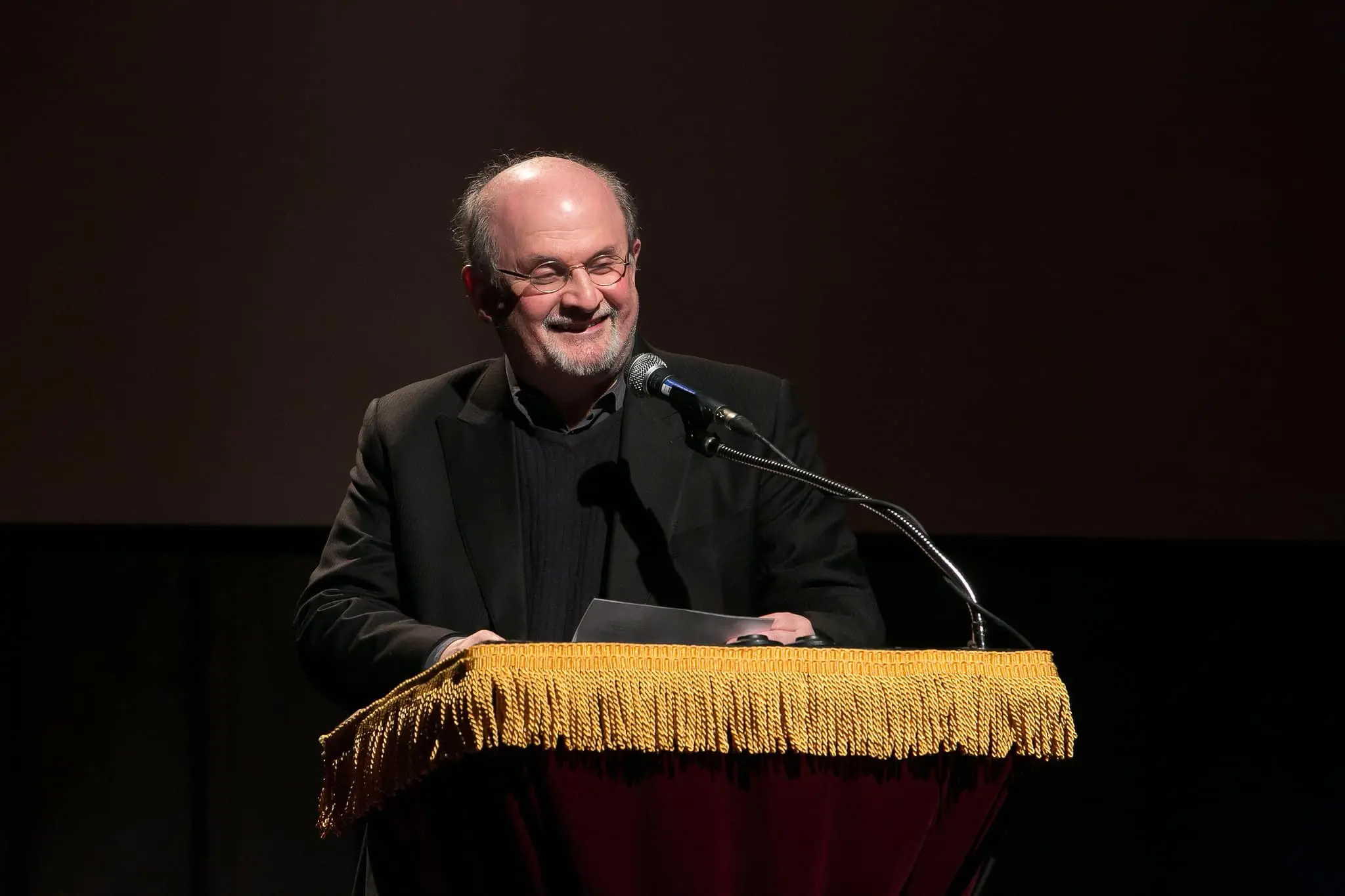*This roundtable is a part of PEN’s new and ongoing initiative, The PEN Equity Project
GO DIRECTLY TO THE ROUNDTABLE DISCUSSION
INTRODUCTION
Like most sci-fi and fantasy fans, as a child I looked for myself in the pages of the books I loved. Of course, I wasn’t there. We who don’t fit into the traditional demographic overrepresented in science fiction and fantasy literature either learn to translate ourselves or find ourselves amidst the swarthy hordes of villains and clowns. In the seventh grade, my English teacher, Mrs. Middleton, took me aside and gave me a copy of Bloodchild, Octavia Butler’s short story collection. It wasn’t till years later—when, as a young writer, I was trying to figure out how to find my voice in the field—that I realized what an impact that gift had had on me. Yes, we could write and be protagonists in these imaginary worlds too. The power of the counternarrative loomed large. I devoured all of Ms. Butler’s books, then Walter Mosley, Junot Díaz… literature became something new to me, something I could be in dialogue with rather than a one-way street; it was a friend now, not a speech being made on some far off, unattainable podium.
Yes, we could write and be protagonists in these imaginary worlds too. The power of the counternarrative loomed large.
I was reminded of this impact recently when reading a story in Tananarive Due’s terrific recent collection, Ghost Summer. A Mexican character, speaking with a thick accent and gleefully unitalicized Spanglish, appears in a dystopian tale. Even now, as much as I speak out and write about equity in genre fiction, it still caught me off guard to read about a Latino in the future—it’s so rare, we must wonder if we even made it through whatever earth-rending apocalypse keeps jacking things up so that new heroes can rise.
That journey of loss and recovery—a kind of reclamation which was both emotional and political—is something I carry with me every day I sit down to write and as I move through the publishing world. It informs my outspokenness, my determination to bring radical change to an industry that remains entrenched in a very particular white cultural mindset toward the creation of literature.
